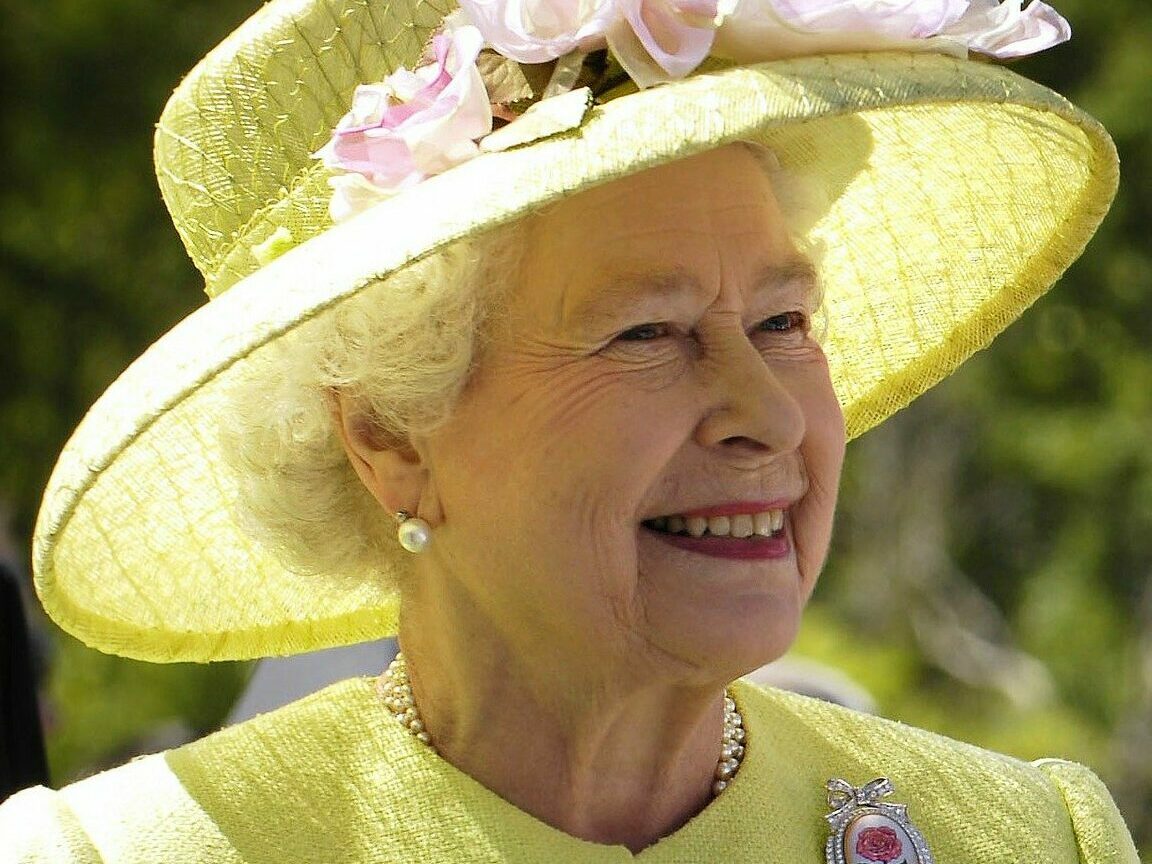Over three and a half million. That’s one estimate I heard of the number of people the Queen met in her lifetime. We’ve all seen those moments – line-ups of performers following the “Royal Variety” shows on TV, people standing behind crowd-barriers on the roadside and others in their finest clothes at garden parties and countless plaque-unveiling ceremonies; common people coming face to face with one of the most famous human beings on the planet. Millions of ordinary folk with an extraordinary tale to tell. Just a fleeting moment perhaps: a smile; a short exchange of words; always lives deeply touched.
But no more. The Queen is dead. And as was said, “There will never be another like her.”
As I write, the nation is in the formal period of mourning; an experience no one has ever had before – the deaths of her father and grandfather do not compare because their reigns were so much shorter and those who remember them were only children at the time. Most of the world’s population have lived their whole life with Elizabeth Windsor occupying the throne of the United Kingdom. What’s more, her seventy-year reign has coincided with the expansion first of television, and lately of the internet through which news and comment is transmitted instantly across the planet. Long gone are the days when reports of a monarch’s movements were communicated by riders on horseback and most of their subjects never saw them. Queen Elizabeth, a person of global interest from her childhood, has become, through the years, more watched and better known than any of her predecessors.
She has walked a difficult path – having to communicate with integrity and sensitivity to citizens of many faiths (and none), of different political persuasion, social class, rank and status. She has had to stay “above” politics, and to be at the same time both accessible (so people feel an association with her) and detached (so that her moments of accessibility are recognisably special). Some have said, with more than a little justification, that she has personified the British spirit – that “Keep calm and carry on” attitude – and so represented us well on the international stage. We have watched as her family troubles have played out in public. We have felt her discomfort and sadness, perhaps even her humanity as she wrestled to find wise words to say and the right actions to take, knowing the whole world was always watching. And then, at Christmas time, despite the constant flow of bad news around the world, she somehow always managed to find a message of encouragement and of hope, frequently rooted in the Christian faith which she herself professed and practised.
All in all, it is unsurprising to hear some people refer to her as the nation’s mother or grandmother. It is equally unsurprising that our grief at her death bears something of the character of the grief at losing a close family member. What’s more, grief exists in layers, whereby each new sadness disturbs painful memories thought to be forgotten: as we feel the loss of the one steadfast and faithful constant at the heart of our national, even international, life, so we are reminded of other moments of loss where our personal lives were similarly upended. In the days to come, be kind to yourselves and others who mourn. Thank God for the life and service of our dutiful Queen. Pray for the new King.
